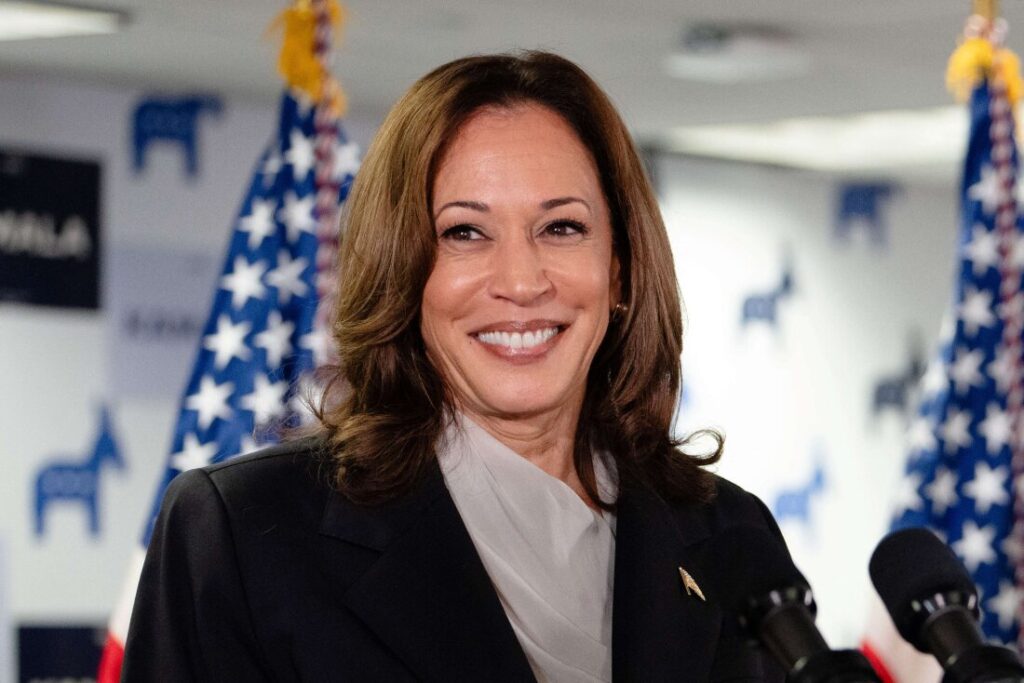Yahya Sinwar, a name that has become synonymous with Hamas’ leadership in Gaza, is one of the most influential figures in Palestinian politics today. As the current leader of Hamas in Gaza, Sinwar has played a central role in shaping the organization’s strategies, both in governance and its conflict with Israel. His journey from a militant fighter to a powerful political leader reveals a complex character marked by fierce determination, ideological commitment, and a reputation as a hardliner.
Early Life and Rise Within Hamas
Yahya Sinwar was born in the Khan Younis refugee camp in southern Gaza in 1962. Raised in a poor family, he experienced firsthand the harsh realities of life under occupation and the challenges faced by Palestinians living in the Gaza Strip. His early experiences with poverty, displacement, and Israeli military control deeply influenced his worldview, fueling his commitment to the Palestinian cause.
Sinwar’s political journey began in the 1980s when he co-founded Majd, a security branch of Hamas tasked with identifying and punishing suspected collaborators with Israel. His involvement in Majd gave him a reputation as a fierce enforcer of Hamas’ ideology, and it wasn’t long before he rose through the ranks of the organization.
In 1989, Sinwar was arrested by Israeli authorities and sentenced to life imprisonment for his involvement in terrorist activities, including the kidnapping and murder of Israeli soldiers. He spent 22 years in prison before being released in 2011 as part of the prisoner exchange deal for Israeli soldier Gilad Shalit. His release marked the beginning of a new chapter in his political career.
Leadership and Influence in Gaza
Following his release, Sinwar quickly ascended to the upper echelons of Hamas’ leadership. By 2017, he had been elected as the head of Hamas in Gaza, replacing Ismail Haniyeh, who took on the role of Hamas’ overall leader. Sinwar’s rise to power marked a shift in Hamas’ leadership dynamics, with a stronger emphasis on military resistance and confrontation with Israel.
Known for his hardline stance, Sinwar is considered one of the most militant leaders within Hamas. His background as a former commander of the Izz ad-Din al-Qassam Brigades, Hamas’ military wing, has shaped his approach to the Israeli-Palestinian conflict. Sinwar has been a vocal advocate of armed resistance, and under his leadership, Hamas has launched several violent escalations against Israel, including the 2021 conflict.
Despite his reputation as a hardliner, Sinwar has also been involved in political negotiations and ceasefire agreements with Israel. His leadership is characterized by a balancing act between maintaining Hamas’ militant image and engaging in diplomatic efforts when necessary to secure resources and aid for the people of Gaza.
Sinwar’s Role in the 2021 Gaza-Israel Conflict
One of the most significant events during Sinwar’s leadership was the 2021 Gaza-Israel conflict, also known as the “May 2021 Gaza War.” The conflict, which lasted 11 days, was marked by intense rocket fire from Gaza into Israeli cities and a retaliatory air campaign by Israel. The hostilities were triggered by tensions in Jerusalem, including clashes at the Al-Aqsa Mosque and Israeli settlement activities in East Jerusalem.
Sinwar, as the de facto leader of Hamas in Gaza, played a critical role in the escalation and coordination of Hamas’ military response. The conflict left hundreds of Palestinians dead, including women and children, and caused widespread destruction in Gaza. On the Israeli side, civilians were also killed as Hamas launched thousands of rockets into Israeli territory.
Although the war ended with a ceasefire brokered by Egypt, Sinwar emerged from the conflict as a more prominent figure on the global stage, particularly in the Arab world, where Hamas’ military actions were celebrated by many as a show of resistance against Israeli occupation. However, Sinwar’s leadership in the conflict also brought criticism, with many accusing him of prioritizing military aggression over the well-being of Gaza’s civilians, who bore the brunt of the Israeli airstrikes.
Challenges in Governance
As the leader of Hamas in Gaza, Sinwar faces significant challenges in governing a region plagued by poverty, unemployment, and deteriorating infrastructure. Since Hamas took control of Gaza in 2007, the territory has been under an Israeli and Egyptian blockade, severely limiting access to essential goods, services, and economic opportunities. The blockade has contributed to Gaza’s economic collapse and humanitarian crisis, making governance a difficult task for Sinwar and his government.
While Hamas maintains control over Gaza’s internal affairs, Sinwar must navigate a delicate balance between military resistance against Israel and addressing the pressing needs of the civilian population. This balancing act has led to occasional ceasefire agreements with Israel, allowing for temporary easing of restrictions in exchange for reduced military activity.
In addition, Sinwar has had to deal with internal challenges within Hamas itself. While he leads the Gaza wing, Hamas is a divided organization, with leadership also based in Qatar and other countries. These divisions sometimes lead to disagreements over strategy, particularly concerning how to approach Israel and the international community.
Sinwar’s Ideological Vision
Yahya Sinwar is known for his unwavering commitment to Hamas’ ideological principles, which include the rejection of Israel’s existence and the pursuit of an Islamic state in historic Palestine. He has consistently opposed any long-term peace agreements with Israel that would involve recognizing the Israeli state.
However, Sinwar is also pragmatic. He has shown a willingness to negotiate temporary ceasefires and has allowed international aid into Gaza to alleviate the suffering of the population. This pragmatism, coupled with his hardline rhetoric, has made him a complex and sometimes unpredictable leader.
The Future of Sinwar and Hamas
As of today, Yahya Sinwar remains a central figure in the ongoing Israeli-Palestinian conflict. His leadership of Hamas in Gaza continues to shape the dynamics of the region, with no clear resolution in sight. While he has consolidated power within Gaza and maintained Hamas’ militant stance, the future of his leadership will likely depend on how he navigates the growing pressures from both within Gaza and from the international community.
Sinwar’s legacy, much like that of Hamas itself, is one of resistance and resilience, but also one fraught with the complexities of governance, conflict, and diplomacy. Whether he will steer Hamas toward more permanent diplomatic solutions or continue the cycle of conflict remains to be seen. Nonetheless, Yahya Sinwar will undoubtedly continue to be a key player in the ever-evolving landscape of Middle Eastern politics.

